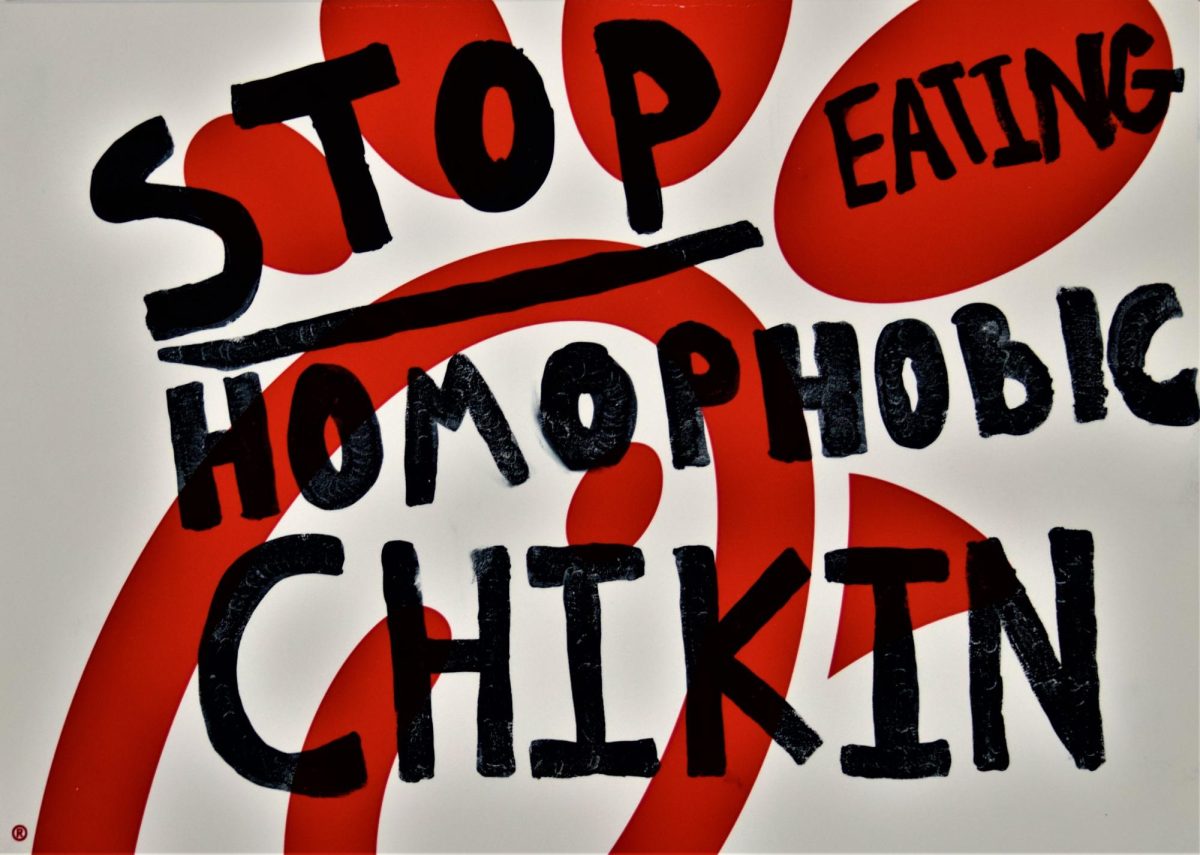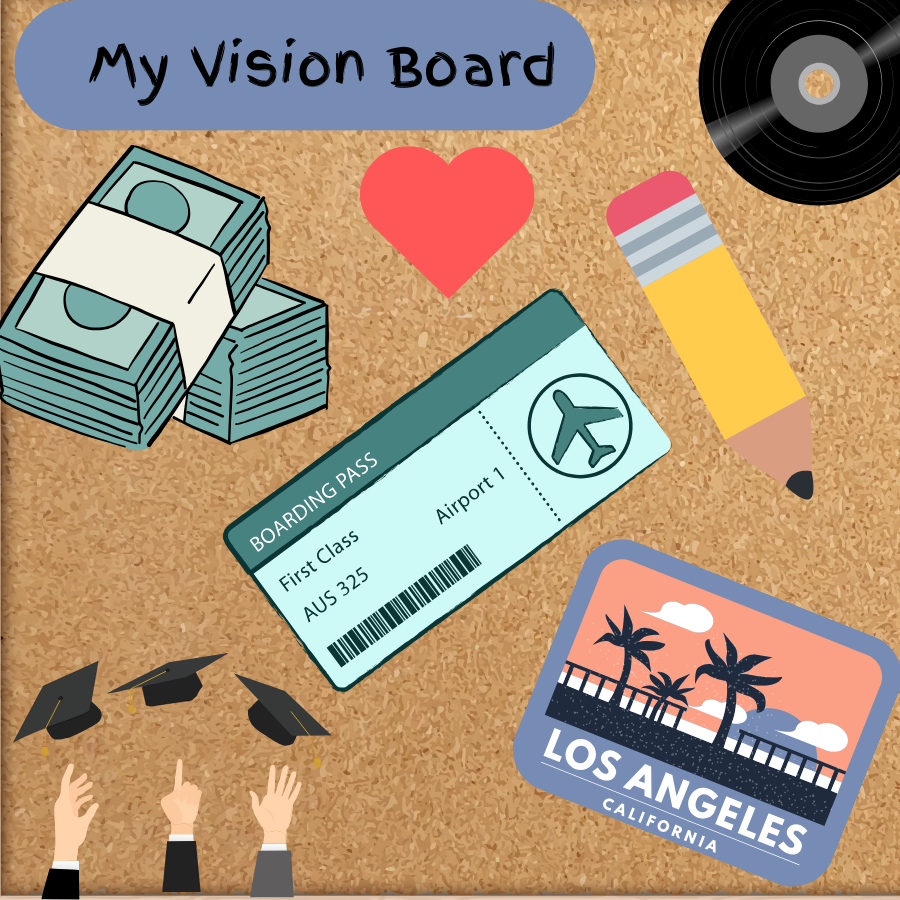“But homophobic chicken is so good!”
People joke about Chick-fil-A’s controversy, but the impact of Chick-fil-A’s actions is much less comical to those affected by the homophobia it has supported.
The case can be made that Chick-fil-A’s food has nothing to do with the company’s practices, but it’s hard to ‘separate the art from the artist’ when buying the ‘art’ (in this case, chicken) means directly giving money to anti-LGBTQ organizations.
The company’s homophobic ideals were first brought to the attention of consumers in 2011, when a Pennsyvania location publicly donated food to a marriage seminar known for it’s anti-gay policy. The controversy and attention Chick-fil-A got from that led to the discovery of problematic donations from even earlier, in 2010.
Chick-fil-A claimed to stop their donations to certain organizations after facing backlash, but 2018 tax records showed they had made two more donations to the Fellowship of Christian Athletes, 825,000 USD each. The Fellowship of Christian Athletes is controversial because it requires their members to sign a “Sexual Purity Statement” which says that all sexual relations must be within the marriage of a man and woman. Not only homophobic, but outdated.
Trusting a large corporation with a history of controversial behavior to keep their word seems risky in the first place, but especially when the founder, Samuel Truett-Cathy, has openly spoken against gay rights.
Truett-Cathy has been quoted on multiple occasions promoting what he calls “biblical marriage,” which, no surprise, excludes any marriage not between one man and one woman. It’s no secret Chick-fil-A is a Christian company – they are closed on Sundays – but the company has a history of taking things much farther than other religious businesses.
Truett Cathy has had no problem shoving his religious beliefs down employees’ throats, even getting sued in 2002 by a Muslim employee for religious discrimination. This suit was settled outside of court, which is a clear admission of guilt on Chick-fil-A’s part. If the claim was false, Chick-fil-A would’ve had no trouble defending it and winning the case in court. Settling implies that they knew they could not win the case, so instead they used money to buy the employee’s silence.
As a large school in close proximity to a Chick-fil-A, Creek students bring in quite a bit of revenue for the business. Between the options nearby for lunch, most students choose to drive to the Chick-fil-A 11 minutes away rather than the Birdcall (a similar fried chicken restaurant) that’s 13 minutes away. This begs the question – is it worth two more precious minutes to keep a clear conscience?
But it’s not only the students; Chick-fil-A sponsors Creek’s football team, ensuring their drive-thru always has a ridiculously long line during fifth period. The amicable relationship Chick-fil-A has developed with Creek makes it even harder for opposing students to make their case to their peers.
“To buy or not to buy?” is the question people should be finding themselves asking after discovering a business’s questionable morals. But the reality is, most highschoolers couldn’t care less about what Chick-fil-A does outside of frying their nuggets.
Creek’s LGBTQ student presence, most notably its LGBTQ club Spectrum, feels strongly about its impact.
With red and white styrofoam cups littered around campus, queer students are faced with a constant reminder of the subtle homophobia that’s been normalized. It’s not about the spicy chicken sandwiches, Polynesian sauce, or waffle fries, it’s about what they represent – a company that adopts a corporate goal to glorify God and be faithful stewards.
“I wouldn’t want to support people who are against me,” said senior Oliver Burkholder, who purposely avoids Chick-fil-A.
At the end of the day, everyone has their vices – but maybe think again next time you’re craving a homophobic chicken sandwich.









